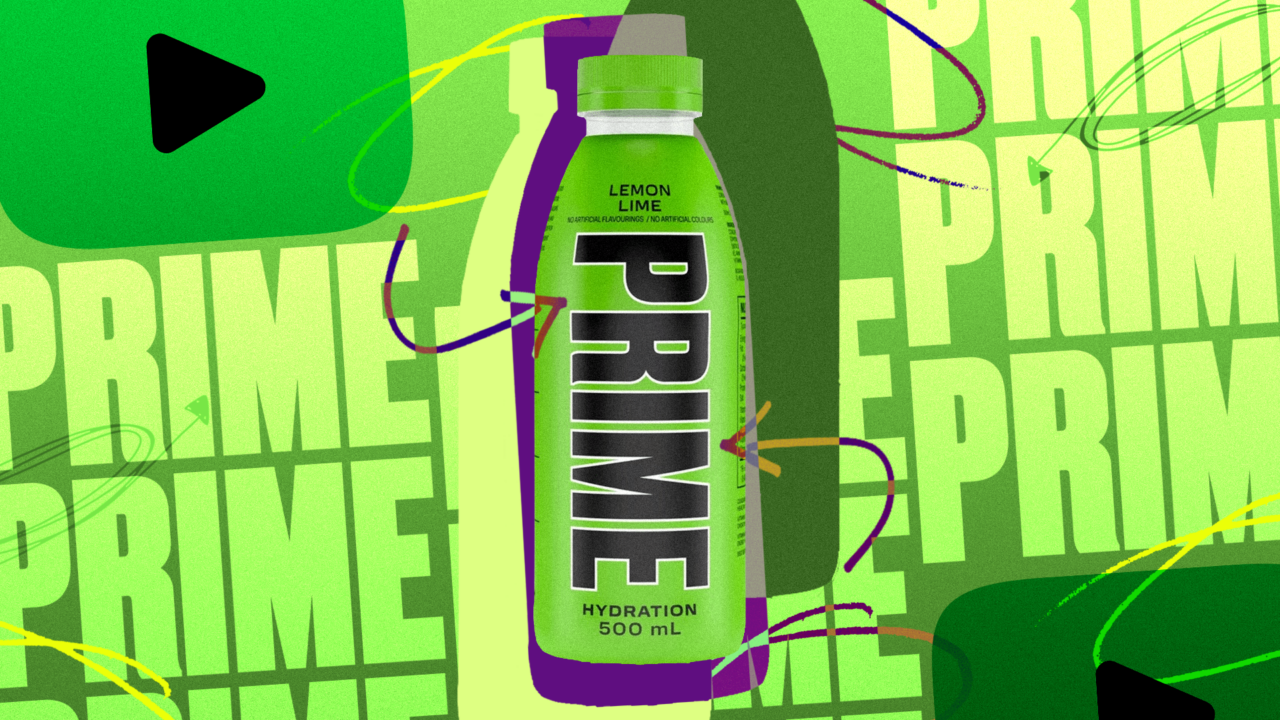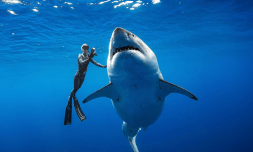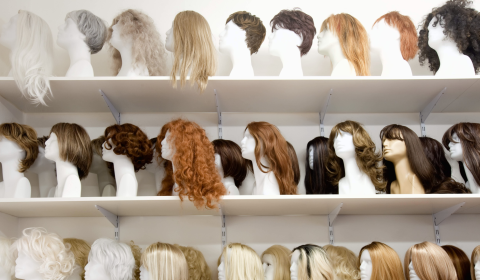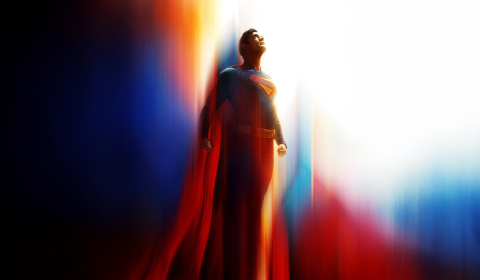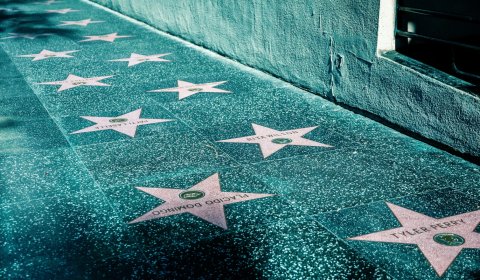Logan Paul and KSI’s new drinks company became a success as soon as it hit UK stores. Is it really worth the hype, and how authentically involved are KSI and Logan?
When Logan Paul and KSI announced they were collaborating to produce a hydration drink, fans were overjoyed to see two people who used to be boxing rivals become business partners.
The two influencers came together to release PRIME Hydration, commonly known as PRIME, ‘to fill the void where great taste meets function.’
PRIME is an electrolyte drink. These are filled with minerals like sodium, potassium, and magnesium, all of which naturally reside in our bodies to help rehydrate, either post-exercise or if you’re sick. They are also found in IV solutions.
Launched in January last year, PRIME became the sixth-largest sports drinks brand in the US, with more than 110 million drinks sold and nearly $200 million made in revenue. The company also became the official hydration partner for Arsenal, KSI’s favourite football team.
Shoppers were seen stampeding Aldi shelves fighting for a bottle. PRIME is listed on third-party sites like eBay for inflated prices and one shop owner was banned from TikTok for advertising bottles at £100.
But is PRIME’s hydration drinks line worth causing carnage and breaking the bank for?
Breaking down the formula inside PRIME drinks
‘I would not recommend this drink to anybody,’ says registered dietitian and health coach Bridget MacDonald at Welcyon. ‘I don’t think that it has anything beneficial in it.’
In her first impressions of the drink, Bridget noticed that the primary electrolyte needed in an electrolyte replacement was too low.
‘It’s an electrolyte replacement, but there’s no sodium or hardly any sodium in it. That’s number one,’ says Bridget. ‘Sodium is one of the foundation electrolytes that you find in IVs or Gatorade.’
‘With it only being only 10mg, that’s not really replacing much at all. So that is too low for an electrolyte replacement.’
Sweat contains electrolytes, with the main electrolyte being sodium. With every litre of sweat, you lose around 1 gram of sodium, and it’s important to replenish the nutrients lost to help maintain optimal body functions.
What minerals are replaced if the main building block of sweat isn’t in the drink? And sodium isn’t the only electrolyte that’s imbalanced in PRIME.
While the magnesium is unnecessarily high at 124mg, it won’t harm your body, but 700mg of potassium is one of the main reasons Bridget would not recommend this drink.
‘I feel like it could be harmful to a number of people,’ she says. ‘Potassium is quite dangerous because it is an electrolyte, it keeps the liquid in your body balanced, and everything dictates what happens with that liquid.’
‘It could throw off your kidneys, even if you don’t have any issues, it could also throw off your heart, so it’s not anything to play around with.’
‘There should be a disclaimer.’
Bridget says that sodium and potassium work like a pump in our body and try to balance each other out. ‘When you’ve got something like this, a drink where the potassium is so high, and the sodium is so low, it’s even more out of kilter, so it’s harder for your body to get back into that balanced state,’ she says.
This drink also has a running theme: while PRIME might contain all the right ingredients for an electrolyte replacement, they’re not enough to make a difference to your body.
‘Everything else is in amounts that are just not necessary,’ says Bridget. ‘They’re so low that they’re not helpful, but they’re also so low that they’re not going to hurt you.’
One key ingredient being coconut water.
And while coconut water provides a good source of electrolytes, PRIME doesn’t have enough. ‘Having only 10% in there, I wouldn’t think that it would be doing any good,’ says Bridget. ‘It’s there, which is great, but it’s not really benefitting anybody because the amount is so low.’
The same goes for the vitamins A and E added that Bridget thinks you’re probably getting from your diet or a multivitamin anyway, and BCAAs, which should contain 20,000mg instead of 250mg. She also highlights that a sugar substitute, sucralose, was chosen instead of actual sugar dextrose, which would hydrate you – but probably because it has a sweeter taste, she says.
‘I mean to be quite honest, I do think that it [the formulation] should be revamped,’ says Bridget. ‘I have no idea what they were thinking when they created this,’ she says. ‘Perhaps maybe they just didn’t do their homework.’
What seems to be PRIME’s biggest unique selling point is that their drink tastes better than all the Gatorades and the Liquid IVs in the market – it seems to be the only thing the company focused on. But does that mean nutrition and actual electrolyte replacement must be sacrificed?
One thing the dietician found ‘awful’ is that many kids as young as 12-years-old are drinking PRIME.
KSI and Logan Paul’s primary demographic is primarily Gen Z, and it’s this age group that are swarming supermarkets. But unless you’re performing heavy workouts that make you sweat, you don’t need an electrolyte replacement.
‘I have four kids of my own, and I don’t allow them to drink it because they don’t need to replace their electrolytes,’ says Bridget. ‘I feel like we’ve been trained to read food labels, and we’ll look at certain things like sugar.’
‘But to expect your typical parent to know how much potassium and sodium and things like that should be in a drink like this, I think it’s asking too much of the parent.’
However, while KSI and Logan Paul are heavily involved with PRIME, they aren’t necessarily the brains behind the operation.









